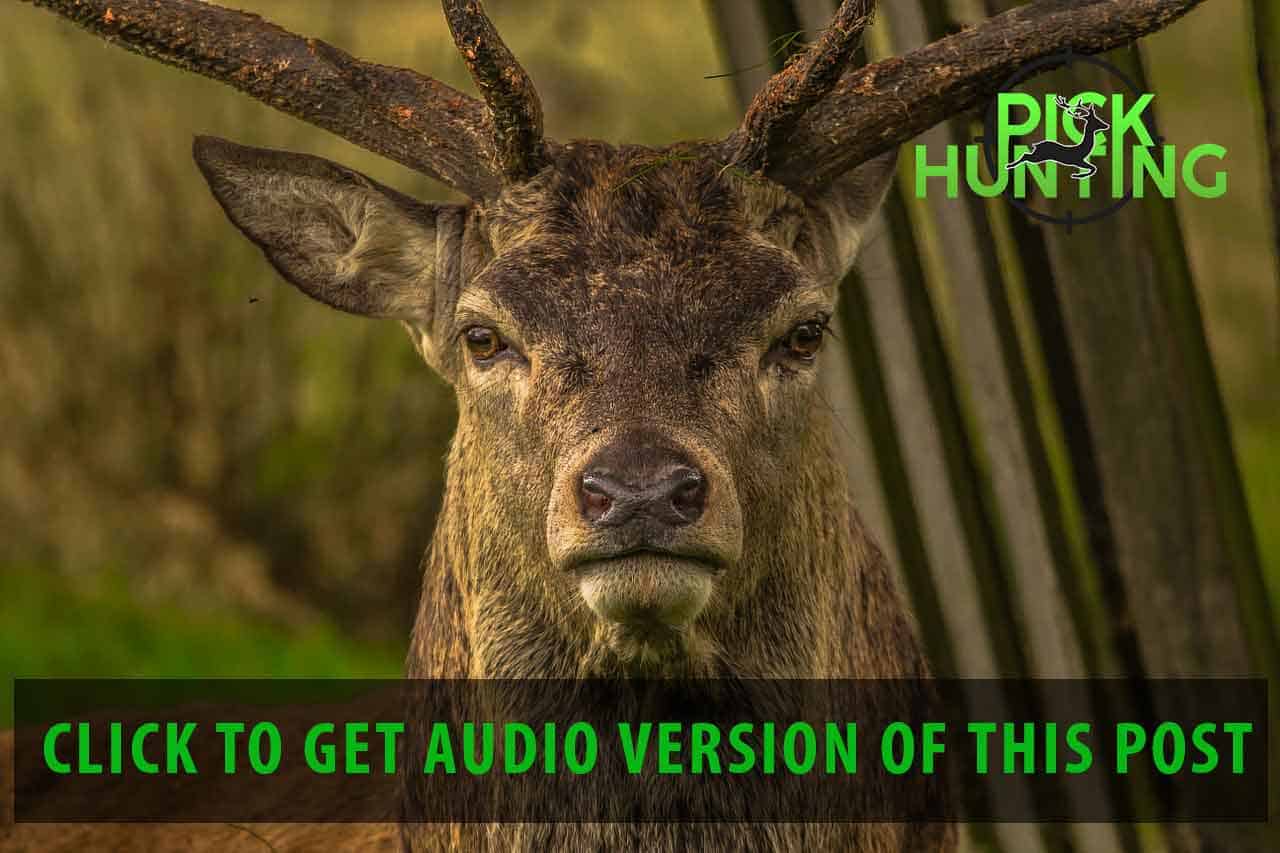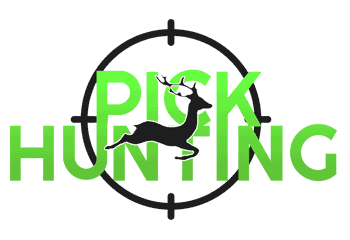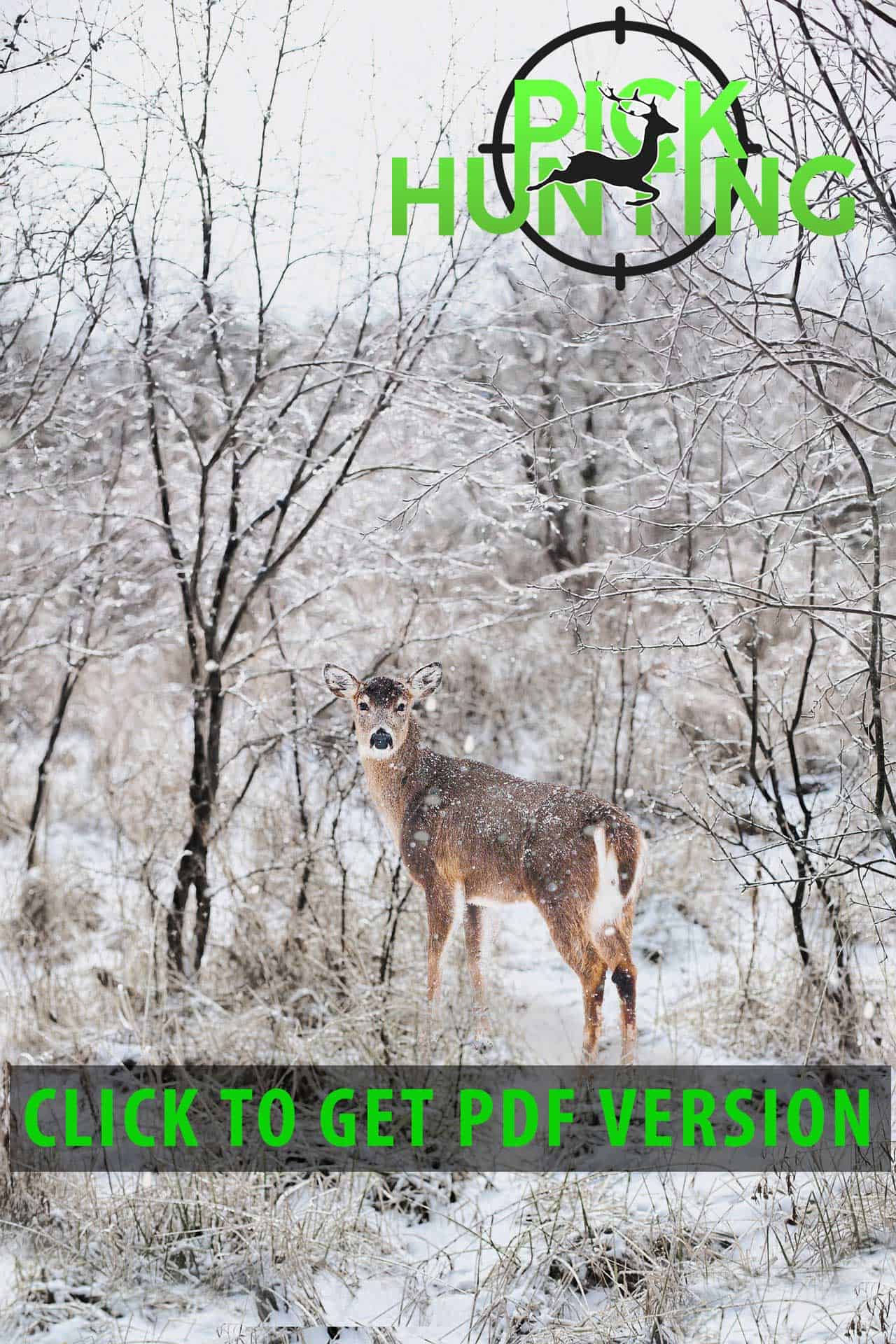Some of us if not many have used the word “deers” for addressing a group of deer. When we see several individual deer walking in a group we tend to call it a herd of deer. A group of deer can be also referred to as a bunch of deer or a mob of deer. In the English language, there are certain grammatical rules that are to be followed in order to express the plural form of it. Keep rolling and learn interesting facts about the plural of deer!
What is the plural of deer? Grammatically, the exact plural of deer is “deer” not “deers” as it comes from irregular plural nouns. However certain extension words like “mob of deer”, a “bunch of deer” and sometimes a” herd of deer” can also be used to get plural like impact on the word “deer”.
Deer can be used as both singular and plural according to context. For example, “two deer”, “three deer” cannot be written as “two deers” or “three deers”.Like fish and sheep, the plural forms of certain nouns are the same as the singular. Such nouns are knowns as irregular plural nouns in the English language. To make them plural, we need the support of collective nouns
Table of Contents
Names of Animals with no plural at all
Certain animals have no plural form just like deer. These are also known as zero plurals:
| Singular | Plural |
| Sheep | Sheep |
| Moose | Moose |
| Elk | Elk |
| Fish | Fish |
| buffalo | buffalo |
| antelope | antelope |
Here is a list of more irregular plural nouns that may also help you to know more about plural forms of common nouns.
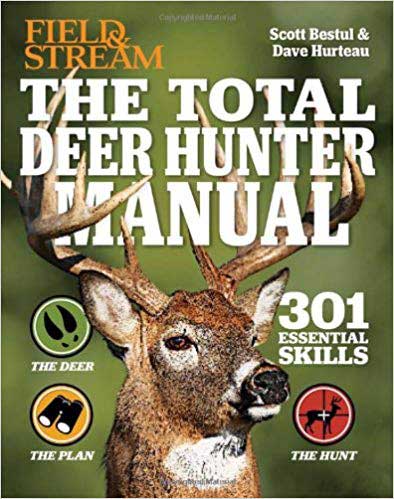
Collective nouns of different irregular plurals
Generally, the animals that don’t have a plural form are explained by some unique collective noun. There are also collective nouns for animals having plural forms. For better understanding, a list of collective nouns is given below.
Shark: a shiver
Skunk: a stench
Jellyfish: a smack
Buffalo: a gang or obstinacy
Elk: a gang or a herd
Fish: a school
Fox: a charm
Geese: a gaggle
Jellyfish: a smack
Shark: a shiver
Skunk: a stench
Snakes: a nest
Squirrels: a dray or a scurry
Stingrays: a fever
Swans: a bevy or a game (if in flight: a wedge)
Tigers: an ambush or a streak
Toads: a knot
Turkeys: a gang or a rafter
Turtles: a bale or a nest
Weasels: a colony, a gang or a pack
Whales: a pod, a school, or a gam
Wolves: a pack
Zebras: a zeal
Mules: a pack
Otters: a family
Oxen: a team or a yoke
Owls: a parliament
Parrots: a pandemonium
Pigs: a drift or drove (younger pigs) or a sounder or a team (older pigs)
Porcupines: a prickle
Rabbits: a herd
Rats: a colony
Camels: a caravan
Cats: a clowder or a glaring, Kittens: a litter or a kindle, Wild cats: a destruction
Cobras: a quiver
Crocodiles: a bask
Crows: a murder
Dogs: a pack, Puppies: a litter
Donkeys: a drove
Eagles: a convocation
Elephants: a parade
Falcons: a cast
Ferrets: a business
Flamingos: a stand
Rhinoceroses: a crash
Frogs: an army
Giraffes: a tower
Gorillas: a band
Hippopotami: a bloat
Hyenas: a cackle
Jaguars: a shadow
Kangaroos: a troop or a mob
Lemurs: a conspiracy
Leopards: a leap
Lions: a pride
Moles: a labor
Monkeys: a barrel or a troop
Apes: a shrewdness
Badgers: a cete
Bats: a colony or a camp
Bears: a sloth or a sleuth
Bees: a swarm
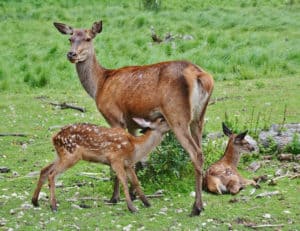
Why is deer the plural form of deer?
Word deer originated from Old English word deor, a German word, tier and Dutch word, dier Once deor meaning was a four-legged animal. Only historic Linguists can tell us the exact reason why certain words like deer may not have plural forms.
In the oldest recorded English, deer came from neuter declension with no particular plural endings in both nominative and accusative cases. With time a large number of neuter nouns acquired ending like -s,-es but fewer like deer did not. For this reason, plural forms of certain words in English are the same as the singular.
Are deers correct when referring to different species?
“Deers” is not widely used term for the plural or even referring to other species of deer like reindeer, elk, red deer, etc. However, fishes can be used in a context when referring to different species. Deer is more like sheep in this case. Both can never be used to refer species as “species of deers” or “species of sheeps”.
Deer or Deers?
In English, to make a noun plural, you just have to add a /s/ to the end, some of the time. Other times you need to add /iz/ or /z/, or change the vowel, or change -up to -a, or -us to -i, or change absolutely nothing at all. Why is this? The normal -s suffix comes from Old English -as, which comes from Proto-Germanic *-ōs and dates back to Proto-Indo-European *-es /iz/ is used as a suffix in words ending in sibilant sounds, /s/, /z/, /ʃ/, /ʒ/, /tʃ/ and /dʒ/ Like fences, or hedges Why? Well, try pronouncing a -s or -z after one of these sounds with no vowel in between Words ending in -ex end in -ices when made a plural, like vertices or appendices.
Because Latin words ending in -is end in -es when made plural, like axes Because Latin Some words ending in -a end in -ae when made plural, like formulae Because Latin Some words ending in -us end in -I when made plural, like fungi Because Latin Some words ending in -um end in -a when made plural, like millennia.
Why does Latin have so many different plural endings?
Because in Latin, there are three genders, and six cases, many of which have different plural endings from each other. Why is the plural of child children? Well, Old English had other plural suffixes, -en and -an During the middle English period, people changed some plurals to use the -en suffix, such as changing englas, angels, to englen The -en suffix was also added to some plurals, such as childer, plural of child, forming children Why is the plural of goose geese, but the plural of mongoose isn’t mongeese, and the plural of moose isn’t meese? In Old English, another way that plurals were formed was by changing the vowel sound of the singular.
The reason the plural of mongoose isn’t mongeese is that mongoose is a loanword from the Marathi mungus. The reason the plural of moose isn’t meese is that it’s also a loanword, from an Eastern Algonquian language. Why do words that end in f in singular form end in v in plural form, like leaves? In Old and Middle English, /f/ and /th/ sounds became /v/ and /th/ sounds when in between vowels. And in Old and Middle English, the plural suffixes -as and -en started with vowels. Why is the plural of person people?
The person comes from the Latin persona, originally meaning character in a play, but then changing to mean an individual human being People comes from a different Latin word, populum, meaning people more in the sense of population Why is the plural of sheep still sheep and deer still deer? In Old English, neuter nouns had no plural ending in the nominative and accusative cases.
What is The Plural of Male Deer
The male deer is called a buck. Although the word deer doesn’t use/s/ or /-es/ in the plural form, several male deer can be called bucks. The male deer is called a buck after 1 year of its birth. The bucks are usually not seen in a group or herd.
What is The Plural of Female Deer
The female deer is called a doe. The plural form of a doe does. The female deer are often seen is a bunch. The male fawns leave there mother after they are matured whereas the female fawn can either choose to stay with her mother in a group or choose some other group to blend with.
Frequently Asked Questions
What do you call more than one deer?
Simply more than one deer is called two deer, three deer, four deer and so on. We cannot say “two deers” or “three deers”
What is the plural of a female deer?
“Doe” is the word we use for female deer. To make it plural just add _s as “does”
What does plural form mean?
Plural form means “more than one of a particular noun or pronoun. It shows the actual number of nouns and pronouns
What is the plural of an ox?
The plural form of “Ox” is “Oxen” not “Oxes.”This is because certain words with_en endings have a German origin. This word Oxen may be derived from German sources in Old English.
What is the plural of reindeer?
Like deer, the plural of reindeer is also reindeer. However, certain dictionaries may also support” reindeers”
Why Deer has no plural?
Word “deer” originated from Old English word deor, a German word, tier and Dutch word, dier. With time majority of nouns acquired plural forms with-s or -es addition. Only a few like deer are still without plurals. This is all because of the etymology of the English language and deer word itself.
What is the number of deer?
Deer is one of the most adaptive densely populated mammals all over the world. It is not easy to count the exact number of deer across the globe. However, in the US only more than 30 million deer are living today.
What is the meaning of deer and dear?
Both deer and dear have the same pronunciation as homophones yet totally different in meaning. Deer is a “four-legged animal” while “dear” is used to address a person who is loved and it is also used to show surprise feeling as interjections.
Now, if you want to download the pdf version of this post then let’s download by clicking the image below:
Final Verdict
Knowing, what is the plural of deer? is helpful not only for hunters but also for students and researchers of wildlife. In this way, they can use the right word for the right thing.
As you already know that the plural form of deer is deer. Using the plural form of deer as ‘deers’ is grammatically incorrect. If you will, you can use collective nouns to express a large number of deer grazing around an open field.
If you are interested to know more about deer behavior, read this book and be a successful hunter!
You can read some of our related guides like male deer, female deer, what sound does a deer make, how long are deer pregnant, what should be used to screw on broadheads, etc.
Now, if you want to listen to the audio version of this post then let’s listen:
